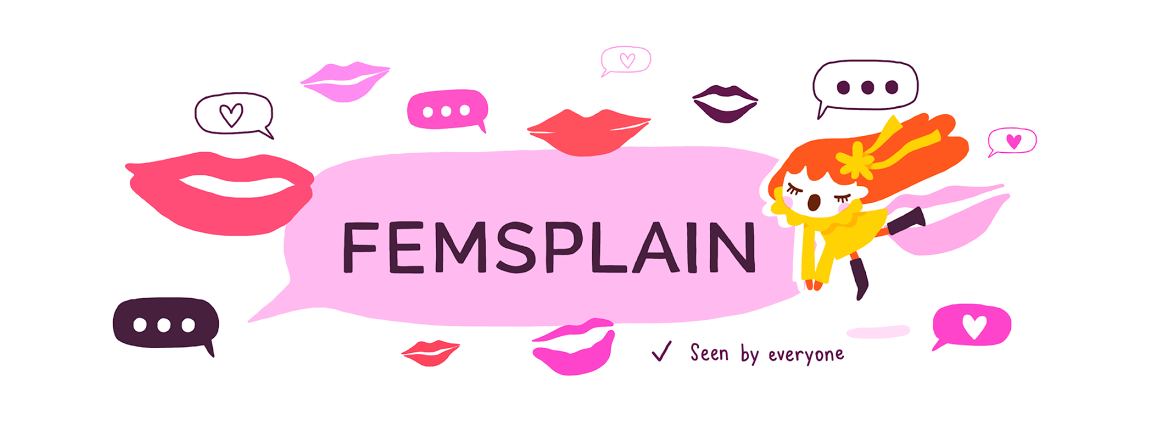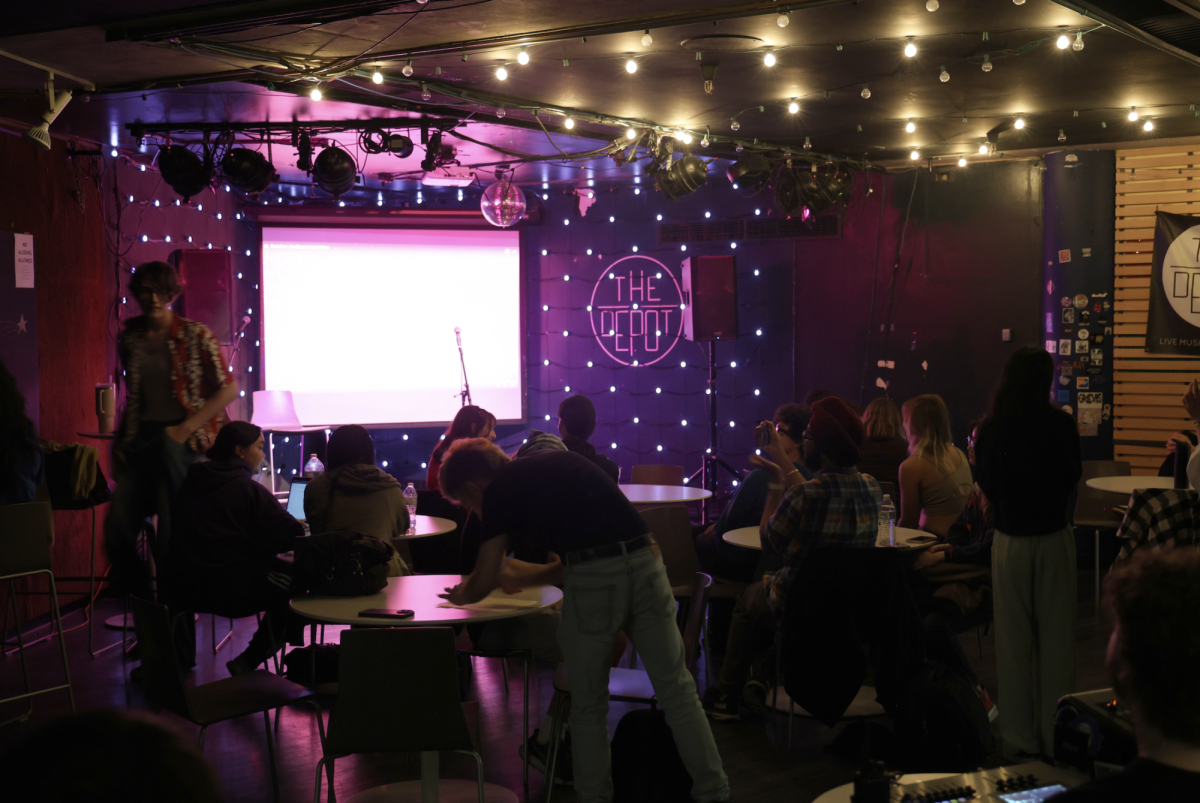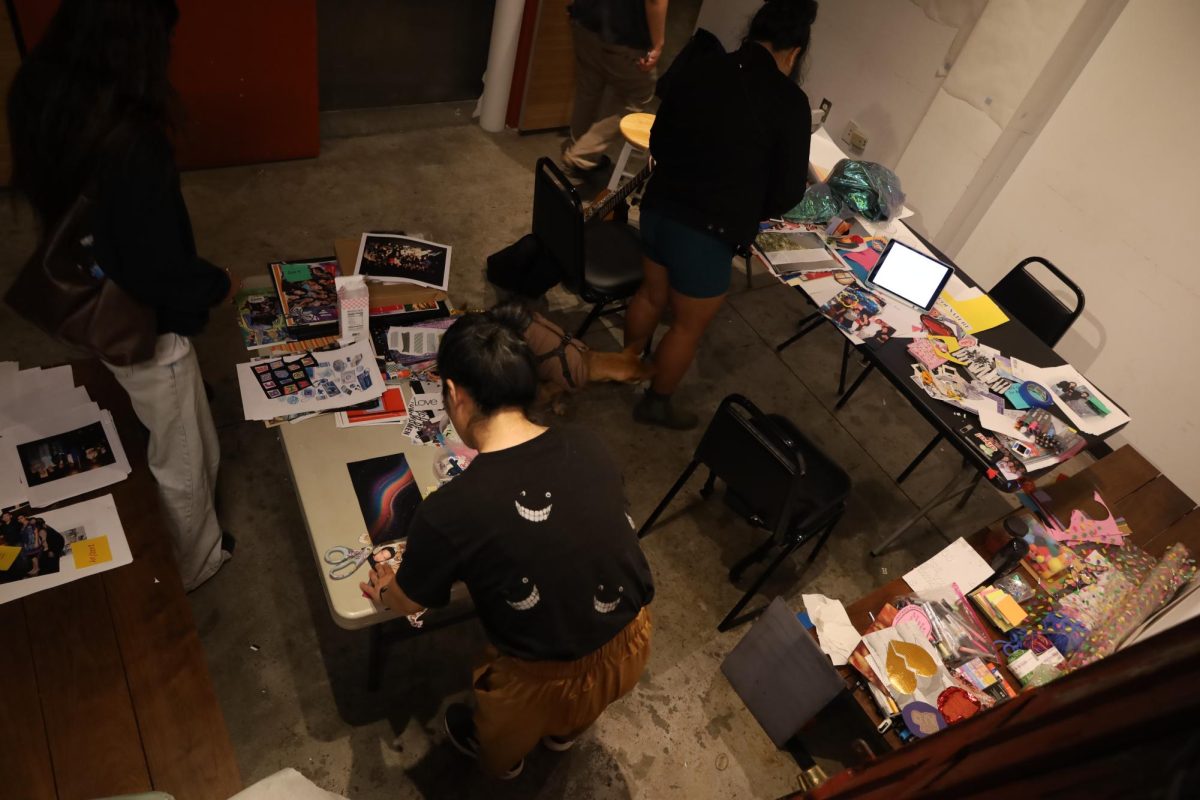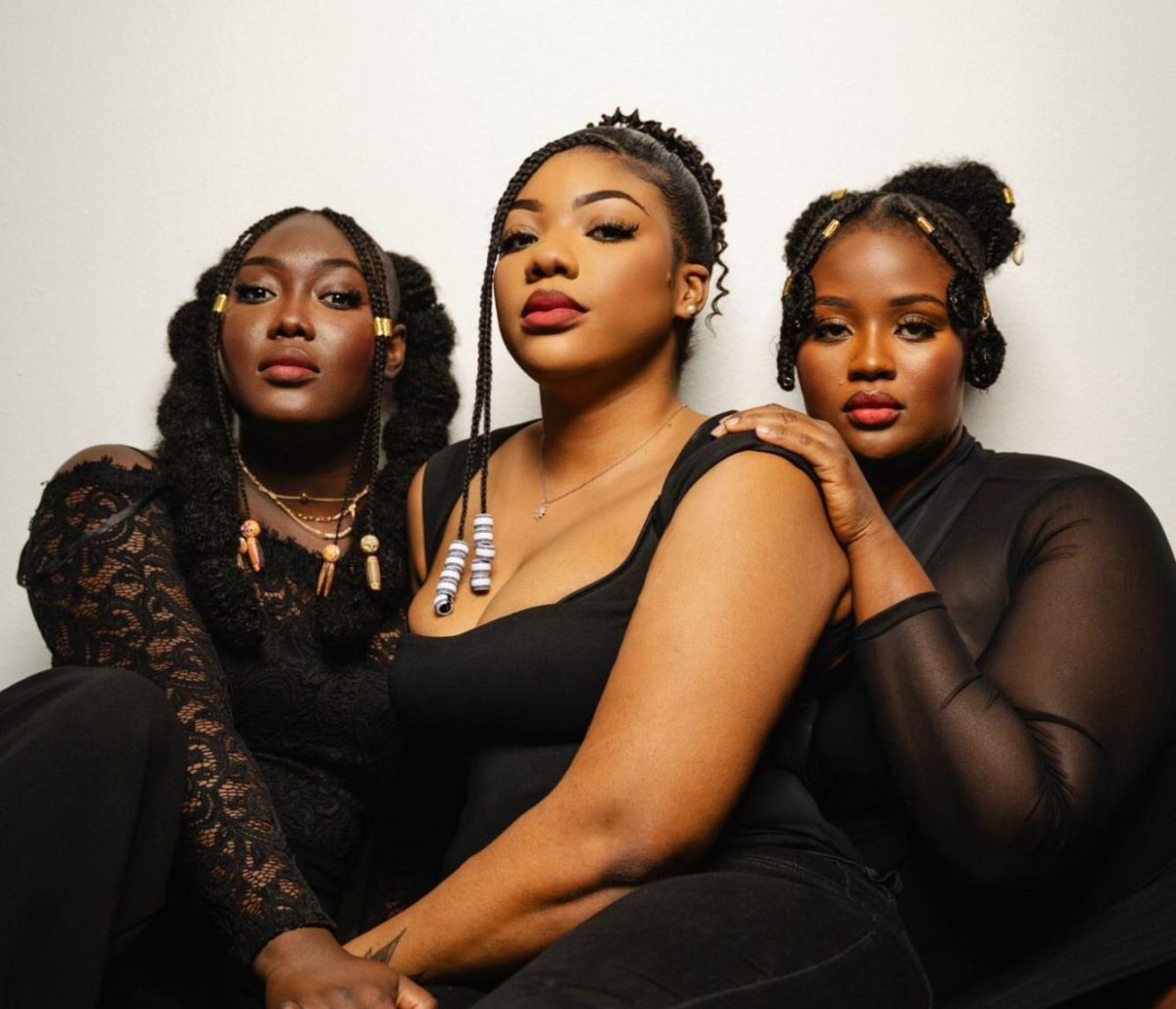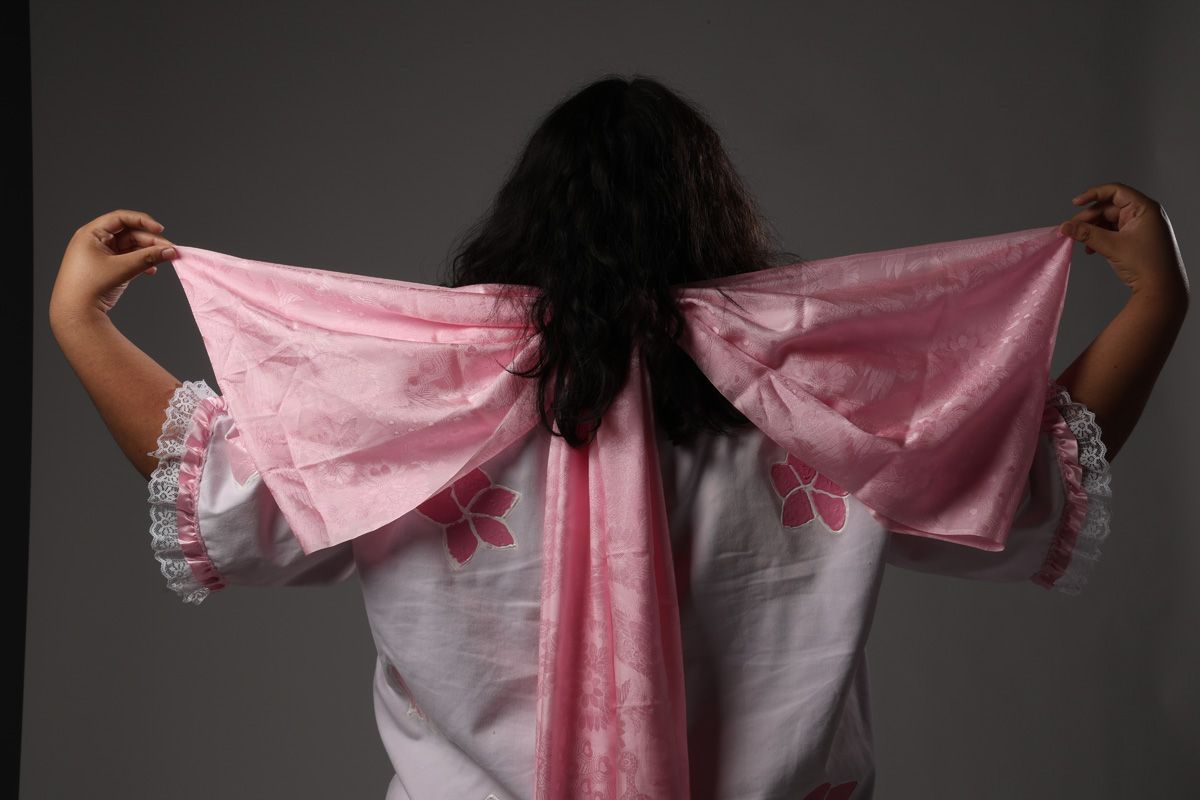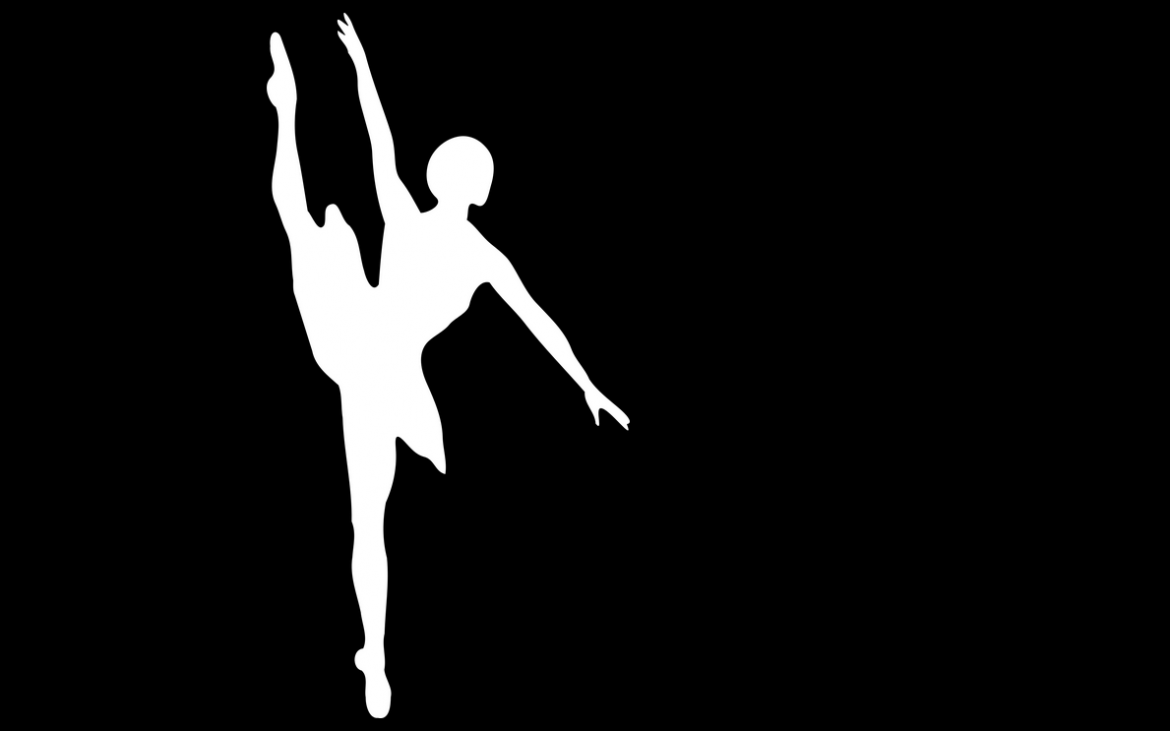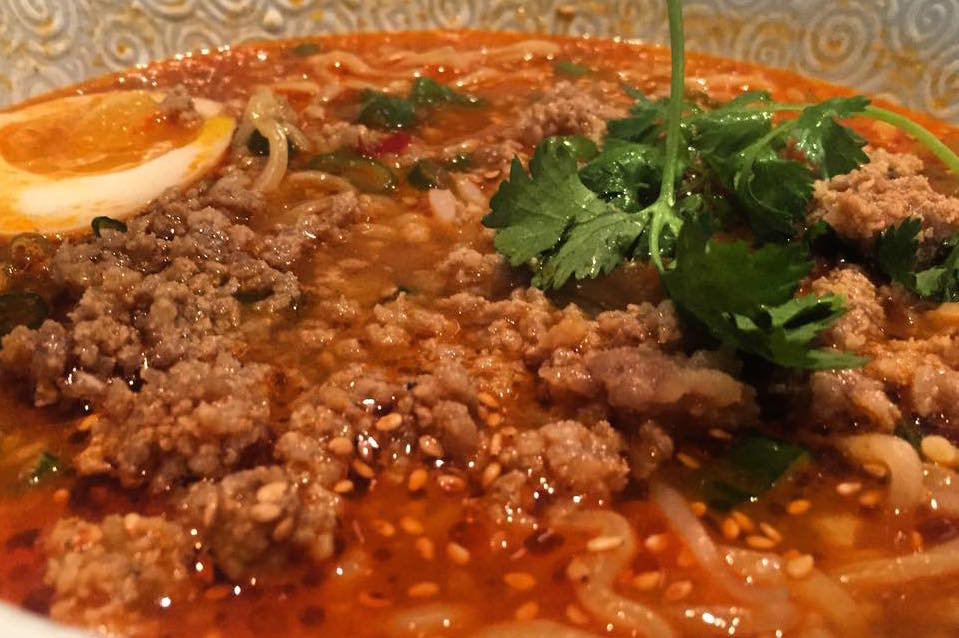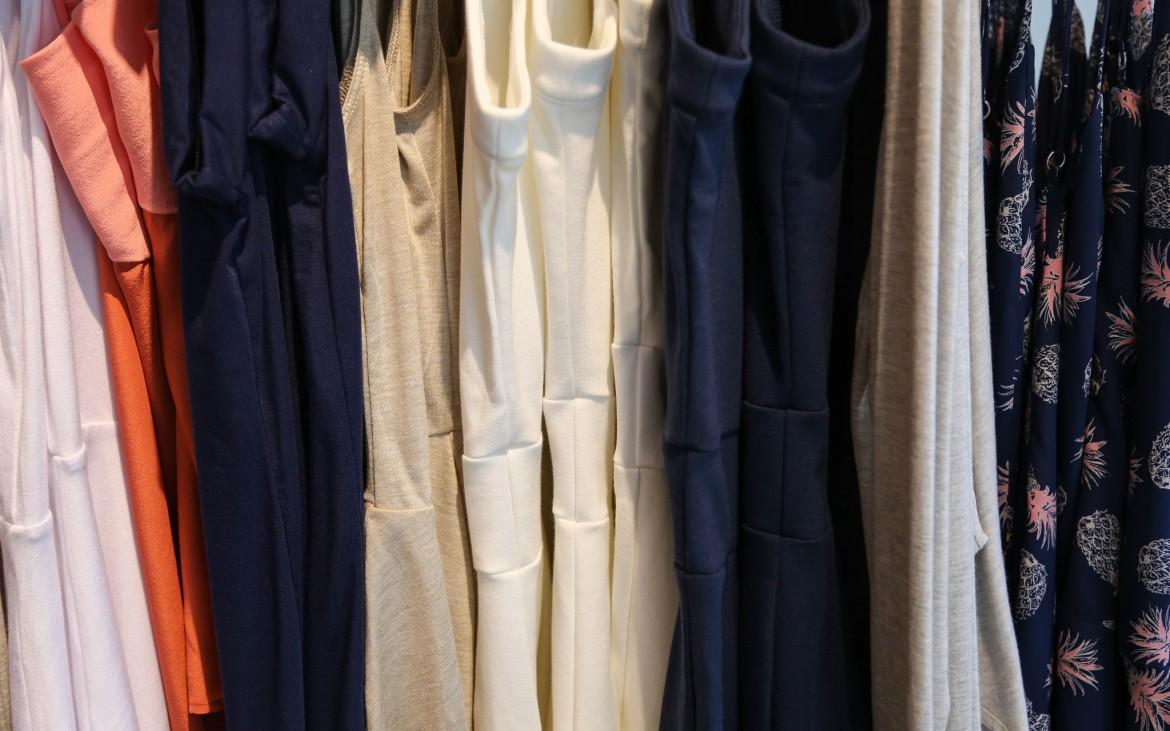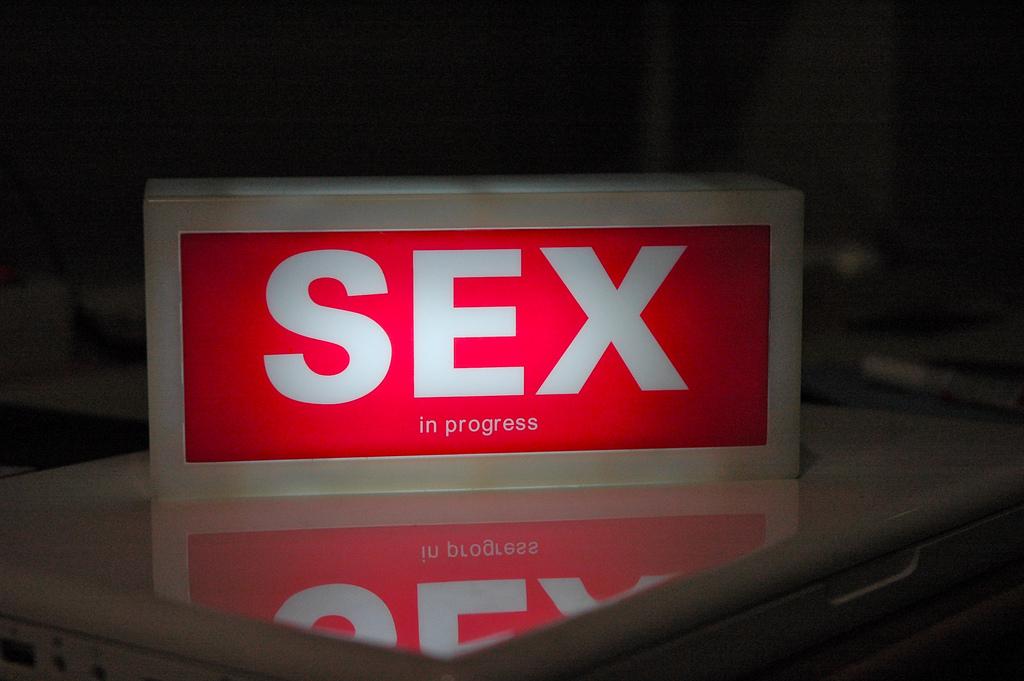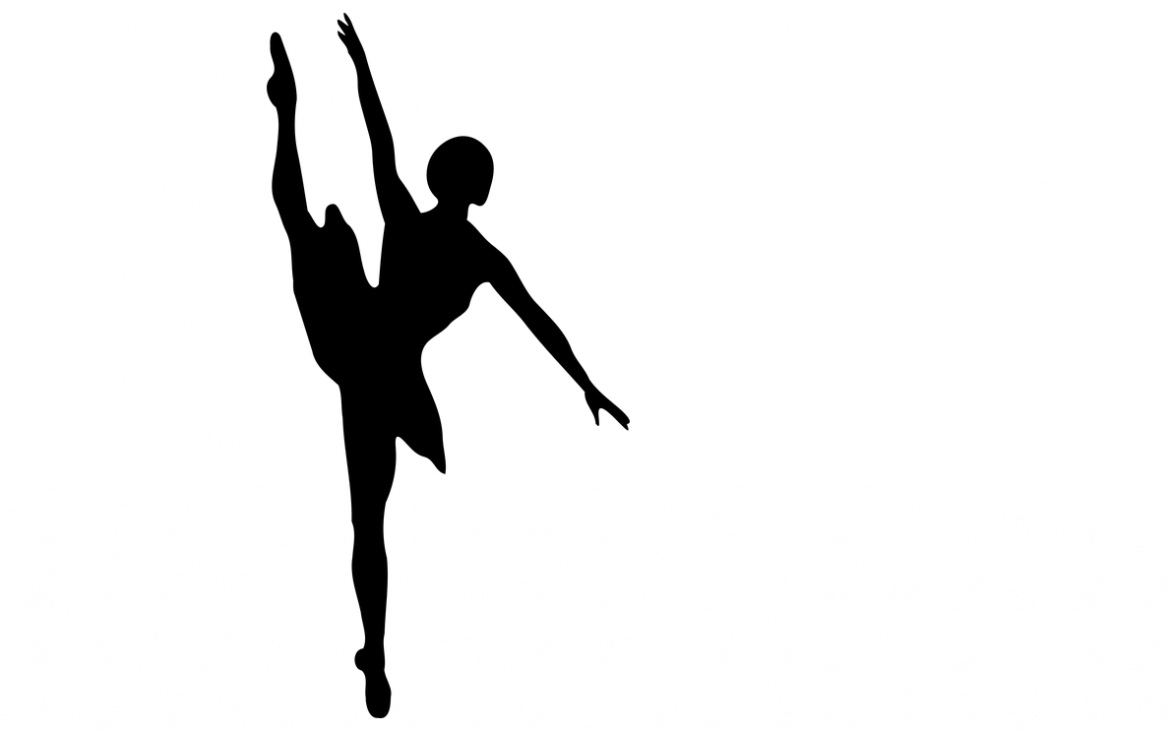Image courtesy of Femsplain
Femsplain is a online platform where women and anyone female-identified can tell their stories. Launched in 2014 by Amber Gordon, the site has become a safe space and community for women to share their thoughts.
Each month the website publishes a variety of articles that range from personal essays, illustrations, interviews, and poems. Since its launch, it’s garnered the attention of celebrities like Lena Dunham and YouTube personality Tyler Oakley.
Gordon spoke with Xpress about the challenges behind keeping the Internet troll-free and the importance of having diverse voices in media.

1. So what inspired you to found the site, and what’s it been like to see it develop?
Femsplain was inspired by a very long conversation myself and three friends had one night. We wanted to take the idea of talking to your friends in a group chat, writing in your diary and having a support group, and bring it to life on the Internet.
It’s been incredible. Ever since I was young I’ve always wanted to build something of my own, and to see Femsplain grow bigger and bigger each month is so amazing.
2. There are other feminists sites, but what makes Femsplain different?
We focus primarily on personal and relatable experiences. I think that because we’re offering a platform to anyone who identifies as a woman, we are opening the door to women who might not feel welcome on these other sites. We also offer offline events and workshops so that we can build our community in real life and do awesome things with awesome people.
3. Based on my experiences and others’, it sometimes feels like women aren’t welcome on the Internet. They’re threatened and harassed online in all forms of social media. Femsplain’s overall message seems to be about fostering a safe community and space for anyone female-identified. How do you go about maintaining that safe space? Are there any challenges?
Since we launched, our mission was to create a safe space so that these personal stories could live comfortably. I’ve experienced harassment both online and offline, so going in I knew what we had to do to make sure this didn’t happen to our community and contributors. We moderate all the comments that people leave on posts. Even though it’s time-consuming and manual, it’s important that we set the tone for the discussions that happen on our site.
4. What’s been the overall response from the community since Femsplain launched?
It’s been overwhelmingly positive! Honestly I never thought Femsplain would become what it is today, so every time someone messages me about how much they love it, or I see a comment on social media, my heart just skips so many beats. People have been expressing how they love the positive interactions and discussions happening in the comments. In the comments!!!
5. The site’s content is built around monthly themes. How do you go about choosing those themes?
Initially we chose themes that were aligned with what was happening in our lives at the moment.
“Firsts” made sense for our first theme, “secrets and secrecy” was our second, in which I chose to come out to my friends and family. Now we’re experimenting with suggestions from our contributors. We don’t want to limit ourselves to one certain category or style, so we try to make them as broad as possible so that everyone can participate.
6. How do you decide what gets published? What’s your process? What makes a Femsplain piece?
Our founding editor Gabriela Barkho handles the entire editorial process from beginning of the month to end. We open our submission period on the first of every month when we announce the theme and then accept pitches for a few days or until we fill up our slots. We usually have anywhere from 50-60 slots, which get filled up rather quickly. Gabi selects pitches that she feels tell unique and personal stories. We won’t publish anything that’s directly attacking someone and we always make sure that claims have sources to back them up. Although most of our content is made up of written work, we also accept art, music, etc.
7. Did you look to other writers or publications for inspiration when starting the site?
Yes! I’ve always enjoyed anything I’ve read on The Hairpin, as well as the amazing community Rookie has managed to build.
8. Given the current state of the media, how important is it to build more driven and diverse stories?
So important. The media is drowning by the same voices, and by continuing to ignore diverse voices we’re missing out on the important stories that are honestly more interesting.
9. Has your idea of feminism changed at all since starting Femsplain?
Absolutely. Every day what it means to be a “feminist” is evolving. Of course feminism means equality, but that’s not really where mainstream feminism is right now. Each day I’m learning through these stories about the struggles women less privileged face and I’m making sure that when I talk about Femsplain, I talk about them, but more importantly let them talk for themselves.
10. Lastly, what advice would you give to female writers trying to find their voice?
Trust in yourself, believe that your voice matters and know that your words are good enough.


